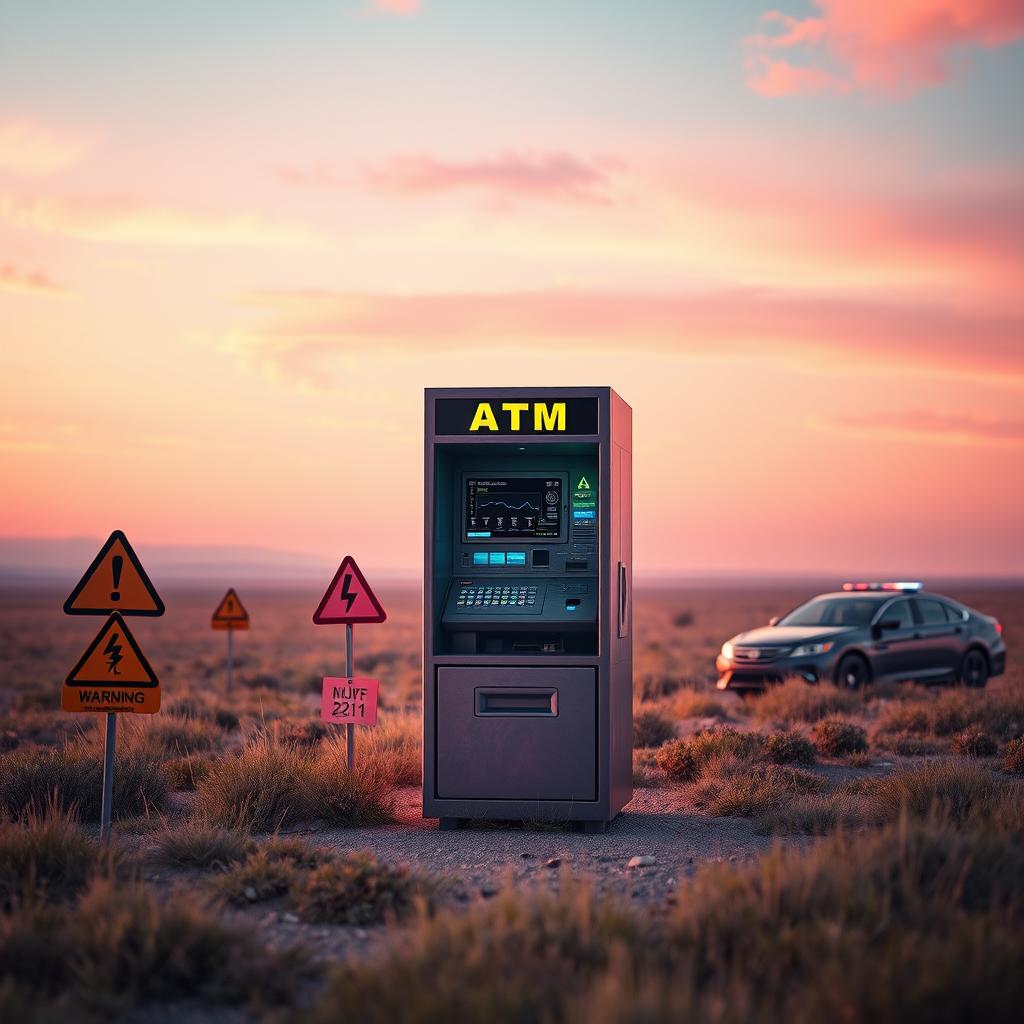Analysis of North Dakota’s Crypto ATM Regulation Bill
The state of North Dakota is considering a bill, House Bill 1447, aimed at protecting consumers from scams involving cryptocurrency ATMs. This move is part of a broader trend of regulatory efforts to combat the growing issue of crypto-related fraud. As of 2023, North Dakota residents reported 103 crypto scam complaints to the FBI, resulting in losses of $6.5 million. On a national scale, the Federal Trade Commission data indicates that scam incidents in the United States have increased over tenfold between 2020 and 2023.
Key Provisions of House Bill 1447
The proposed bill includes several key provisions designed to safeguard consumers:
– Daily Withdrawal Limits: Capping daily withdrawals at $1,000 to prevent large-scale scams.
– Transaction Fee Limits: Limiting transaction fees to $5 or 3% of the transaction amount, whichever is higher, to protect users from exorbitant charges.
– Fraud Warning Notices: Mandating that all crypto ATMs display fraud warning notices to educate users about common scam tactics and the importance of contacting law enforcement if they suspect fraudulent activity.
– Licensing and Compliance: Requiring kiosk operators to acquire a license and comply with state law requirements applicable to money transmitters, including submitting quarterly reports to the state commissioner.
– Accessibility and Security: Ensuring that kiosks are placed in commercially accessible areas, are accessible to users with mobility limitations, and are equipped with adequate security measures such as proper lighting and surveillance.
Industry Response and Regulatory Efforts
The bill has garnered support from committee members and some industry representatives for its consumer protection measures. However, there are also concerns, such as those expressed by Kevin Lolli from CoinFlip, regarding the potential impact of transaction limits and fee caps on the industry. Globally, regulators are tightening oversight of the crypto ATM sector due to rising fraud cases and concerns over money laundering and unregulated operations. Recent examples include the Niagara Regional Police initiative to issue warnings on crypto ATMs in Ontario, Canada, and authorities in Germany conducting nationwide raids on unlicensed crypto ATM operations, resulting in the seizure of $28 million in cash and 13 kiosks.
Market and Consumer Implications
The regulation of crypto ATMs is crucial for protecting consumers and maintaining the integrity of the financial system. With the crypto market experiencing renewed interest and growth, as evidenced by the 6% growth in Bitcoin ATMs in 2024, it is essential for regulatory bodies to keep pace with these developments. The implementation of effective regulations can help mitigate the risks associated with crypto transactions, enhance consumer confidence, and foster a more secure and compliant environment for the industry to thrive.
Predictions
Based on the analysis, several predictions can be made:
– Increased Regulatory Oversight: Expect more jurisdictions to follow North Dakota’s lead in introducing or strengthening regulations around crypto ATMs to combat fraud and ensure consumer protection.
– Industry Adaptation: The crypto ATM industry will likely adapt to these regulatory changes by implementing enhanced security measures, improving user education, and ensuring compliance with evolving legal requirements.
– Growth in Secure and Compliant Crypto Services: As regulations become more stringent, there will be a shift towards secure and compliant crypto services, potentially leading to the growth of reputable crypto ATM operators and related services that prioritize consumer protection and regulatory compliance.
– Enhanced Consumer Awareness: Regulatory efforts and industry responses will likely lead to increased consumer awareness about the risks and best practices associated with crypto transactions, contributing to a more informed and cautious user base.




